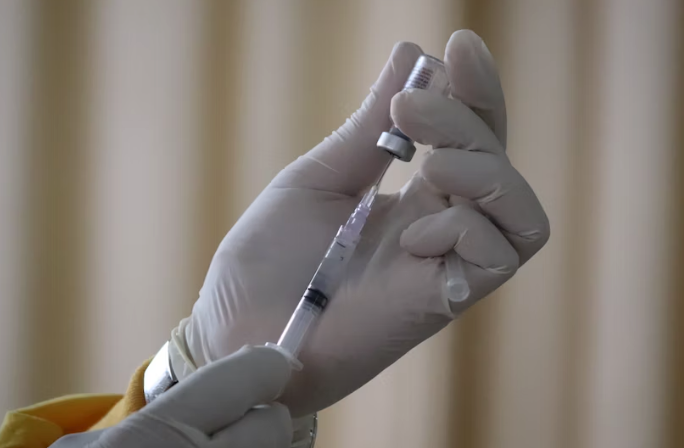Study: mRNA Skin Cancer Treatment Reduces Spread by 65%
An mRNA cancer vaccine produced by Moderna and Merck could reduce the risk of melanoma spreading—for patients in stages three and four of the disease—by 65% when used in conjunction with immunotherapy, according to clinical data released on Monday.

Facts
- An mRNA cancer vaccine produced by Moderna and Merck could reduce the risk of melanoma spreading—for patients in stages three and four of the disease—by 65% when used in conjunction with immunotherapy, according to clinical data released on Monday.1
- mRNA technology, deployed in many COVID vaccines, has long been hoped to have efficacy as a cancer treatment. The genetic makeup of a patient's tumor is mapped, and a targeted vaccine is administered in hopes of triggering an immune response against cancer without harming healthy tissue.2
- Earlier studies showed that combined mRNA/immunotherapy treatment was 44% more effective in cutting the risk of death or cancer recurrence than treatment using Merck's Keytruda immunotherapy drug by itself.2
- After presenting the data to the American Society of Clinical Oncology on Monday, Moderna has told investors that they are seeking faster regulatory approval for treatment as "residual uncertainty" dissipates. A Phase 3 confirmatory study is set to launch by Q3 of this year.3
- The clinical trial studied 157 patients who had their skin cancer surgically removed — administering vaccine and Keytruda dosages every three weeks over the course of a year. As roughly 100K Americans face melanoma diagnoses every year, the FDA has sped up the development and review of the prospective treatment.1
- Development on the mRNA treatment began in 2016, as medical companies such as BioNTech and Gritstone Bio published promising results from their mRNA research.2
Sources: 1CNBC, 2Reuters, and 3US News & World Report.
Narratives
- Narrative A, as provided by Memorial Sloan Kettering Cancer Center. Anyone who has kept their finger on the pulse of medical technology knows that mRNA treatment is the future, and could be used to fight everything from the common cold to AIDS. A steady stream of promising results can give us hope that the next generation of safe, personalized cancer treatment is on the horizon. Vital research is continuing at a blistering pace.
- Narrative B, as provided by BioSpace. While this is another positive development towards cancer vaccines, there is still much research to be done and concerns to be addressed. The Merck/Moderna data says nothing about the quality or quantity of the immune response triggered against the tumors. We can only hope these results stimulate more high-quality research in order to confirm the efficacy of these treatments, but a great deal of additional study is required.






